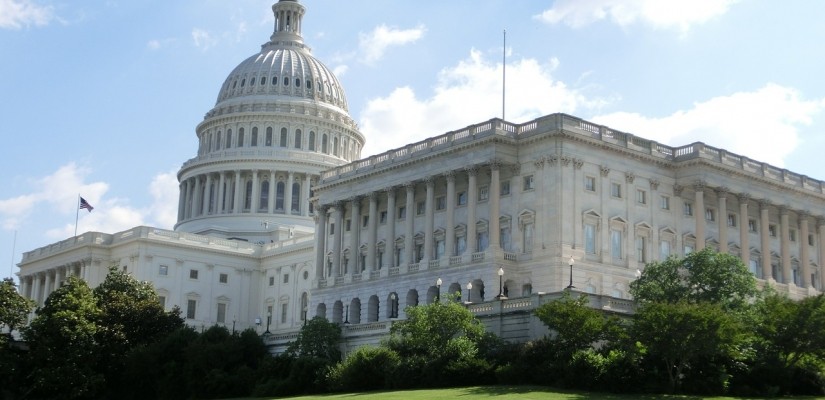
On March 4, 2020, the US House of Representatives approved $8.3 billion in emergency funding to counter the fast-spreading coronavirus, COVID-19. The legislation, which passed with overwhelming bipartisan support, now moves to the Senate for approval. President Trump has stated that he will sign the legislation into law once approved by the Senate.
The legislation would provide more than $3 billion for research and development on vaccines and other treatments, $2.2 billion for the Centers for Disease Control and Prevention to support the response from federal, state, and local public health agencies, including for lab testing and infection control, and also includes $1 billion for medical supplies, health-care preparedness, and community health centers. The majority of the funding is intended for domestic spending, however, $1.25 billion is for the State Department to combat the virus abroad. The proposed $8.3 billion spending total far surpasses the $1.25 billion initially proposed by the White House, which was deemed to be inadequate. While there are over 150 known cases of COVID-19 in the US, that actual number could be far higher as there have been limited efforts to test the public for the virus.
